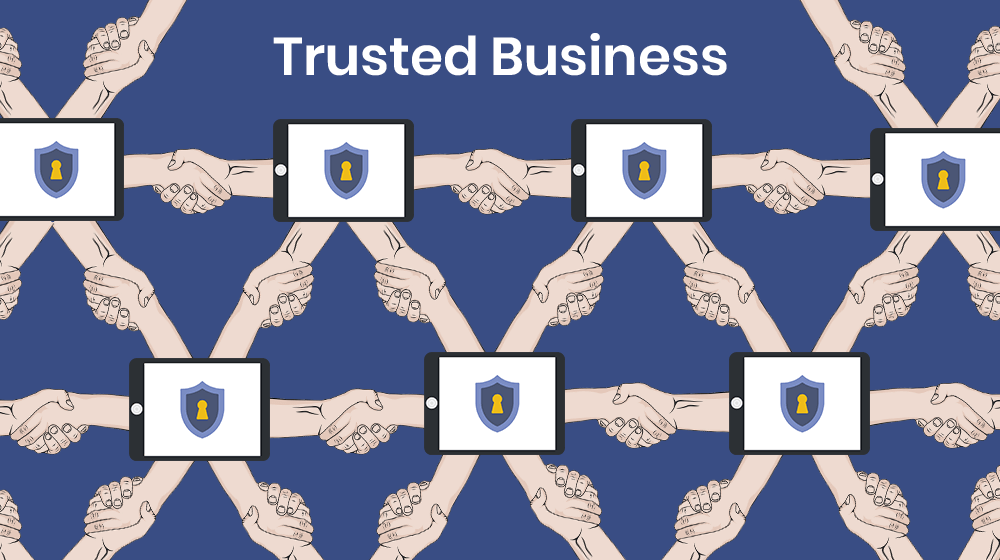Advantages of Private Blockchains
- Private Blockchains are decentralized peer-to-peer networks
- Participation in the network is allowed to only members
- Membership is totally controlled by the central consortium
- Fundamentally you will know with whom you are working with
- Execution of the protocol requires invitation
- Maintenance of the ledger needs validation
- Transactions are quick and highly confidential
- Transactions are operated by the controlling organization
- Strength varies according to the use
- Increased stability and scalability
- They are permissioned
- Transactions are censorable
“No more forging records, stealing data, manipulating orders”
There have been numerous attempts to make the whole business processes more transparent for several years. Blockchain is the new kick at the can. Numerous voices are heralding that this technology has the capacity to create a revolution in terms of making business decisions with confidence and clarity. Significant cost reduction is absolutely possible with Blockchain. It is called by many experts as “World Wide Ledger.”
Organizations can create their identity and start transacting with their restricted group in blocks. They can easily own and monetize data. Private Blockchains enables such a facility. Private Blockchains majorly works as a permissioned network. This method is expected to go mainstream with widespread adaptation soon. There are thousands of use cases for Private Blockchains. The Hyperledger project from the Linux Foundation, R3CEV’s Corda, and the Gem Health network are some of the examples of Private Blockchain.
How Can OpenXcell Help You in Getting Your Private Blockchain?
Experts from OpenXcell will help you to:
- Build and connect to a Private Blockchain
- Customize the Blockchain parameters
- Customize the runtime parameters
- Create multiple key values
- Create Identity databases on your Blocks
- Track and verify at all network level
- Dynamically control all transactions
- Dynamically control assets
- Take full control of every aspect of your business
GET QUOTE
Testimonials
OpenXcell is a great team to work with, highly recommended.
Jose A Castilo, CEO, BPM Supreme
VIEW ALL TESTIMONIALSCase Studies
FAQS
Frequently asked questions on Private Blockchains
A public blockchain provides access to the core activities of the network to anyone. In a private blockchain, only participants who are verified and selected can participate; the operator can override, edit, or delete entries. Private and public blockchains differ in terms of accessibility, governance, level of transparency and security.
As private blockchains have fewer nodes, they can scale to meet the requirements of an organization. With a smaller network, more throughput may be possible. An organization can place blocks onto private blockchains without cost. A private blockchain can also add security to sensitive information and allow increased control over who accesses the data.
The private blockchain has numerous applications in a variety of domains including healthcare, retail, insurance, real estate, supply chain, and many others.
The cost of developing a blockchain application can range from $22,000 to $300,000. The total cost of blockchain app development depends on many factors, including the hourly rate of the developers, the location of the blockchain development company, and the features and technologies of the blockchain app.
A private blockchain solution can take an estimated 2-7 months to develop, depending on the complexity of the solution.



